A recent article published in Nature Microbiology highlights the need for increased studies into the bacterial pathogen Campylobacter jejuni. Unlike other intestinal pathogens, C. jejuni does not release toxins that directly contribute to disease pathogenesis. It is for this reason that the bacterial infection is not well-understood and therefore requires more in-depth studies. Co-author Dr. Alexander Maue from Taconic Biosciences has extensive experience with C. jejuni, including experience conducting experiments to determine the immune response to Campylobacter infection in humans, non-human primates, and rodents:
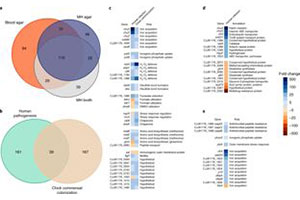 "Campylobacter jejuni infections are a leading cause of bacterial food-borne diarrhoeal illness worldwide, and Campylobacter infections in children are associated with stunted growth and therefore long-term deficits into adulthood. Despite this global impact on health and human capital, how zoonotic C. jejuni responds to the human host remains unclear. Unlike other intestinal pathogens, C. jejuni does not harbour pathogen-defining toxins that explicitly contribute to disease in humans. This makes understanding Campylobacter pathogenesis challenging and supports a broad examination of bacterial factors that contribute to C. jejuni infection."
Read on to learn how the authors studied the pathogenesis of C. jejuni during human infection: Nature.com
"Campylobacter jejuni infections are a leading cause of bacterial food-borne diarrhoeal illness worldwide, and Campylobacter infections in children are associated with stunted growth and therefore long-term deficits into adulthood. Despite this global impact on health and human capital, how zoonotic C. jejuni responds to the human host remains unclear. Unlike other intestinal pathogens, C. jejuni does not harbour pathogen-defining toxins that explicitly contribute to disease in humans. This makes understanding Campylobacter pathogenesis challenging and supports a broad examination of bacterial factors that contribute to C. jejuni infection."
Read on to learn how the authors studied the pathogenesis of C. jejuni during human infection: Nature.com
 "Campylobacter jejuni infections are a leading cause of bacterial food-borne diarrhoeal illness worldwide, and Campylobacter infections in children are associated with stunted growth and therefore long-term deficits into adulthood. Despite this global impact on health and human capital, how zoonotic C. jejuni responds to the human host remains unclear. Unlike other intestinal pathogens, C. jejuni does not harbour pathogen-defining toxins that explicitly contribute to disease in humans. This makes understanding Campylobacter pathogenesis challenging and supports a broad examination of bacterial factors that contribute to C. jejuni infection."
"Campylobacter jejuni infections are a leading cause of bacterial food-borne diarrhoeal illness worldwide, and Campylobacter infections in children are associated with stunted growth and therefore long-term deficits into adulthood. Despite this global impact on health and human capital, how zoonotic C. jejuni responds to the human host remains unclear. Unlike other intestinal pathogens, C. jejuni does not harbour pathogen-defining toxins that explicitly contribute to disease in humans. This makes understanding Campylobacter pathogenesis challenging and supports a broad examination of bacterial factors that contribute to C. jejuni infection."






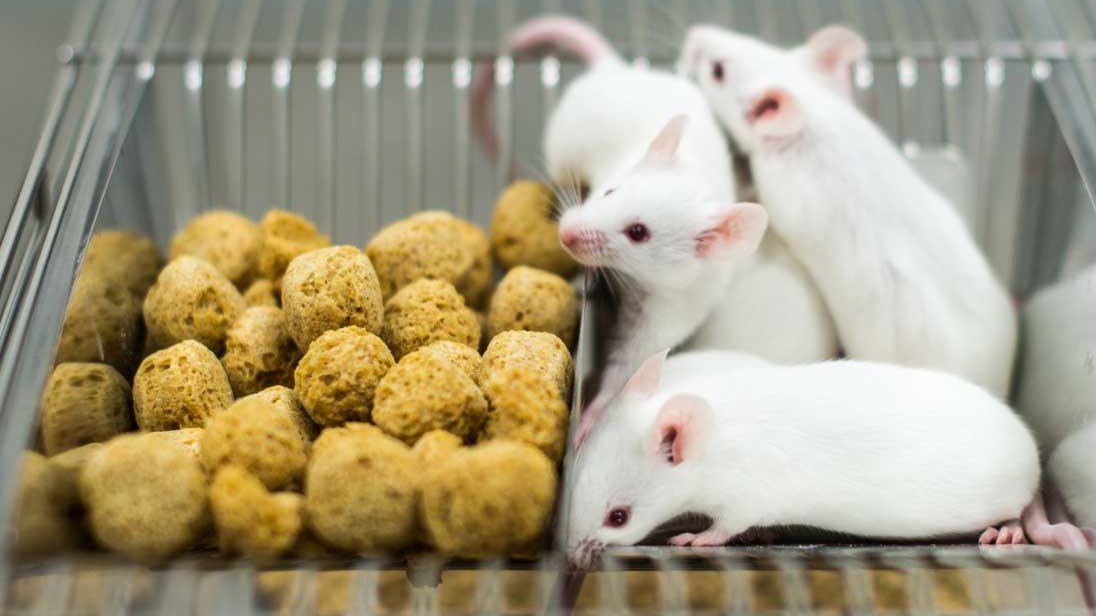


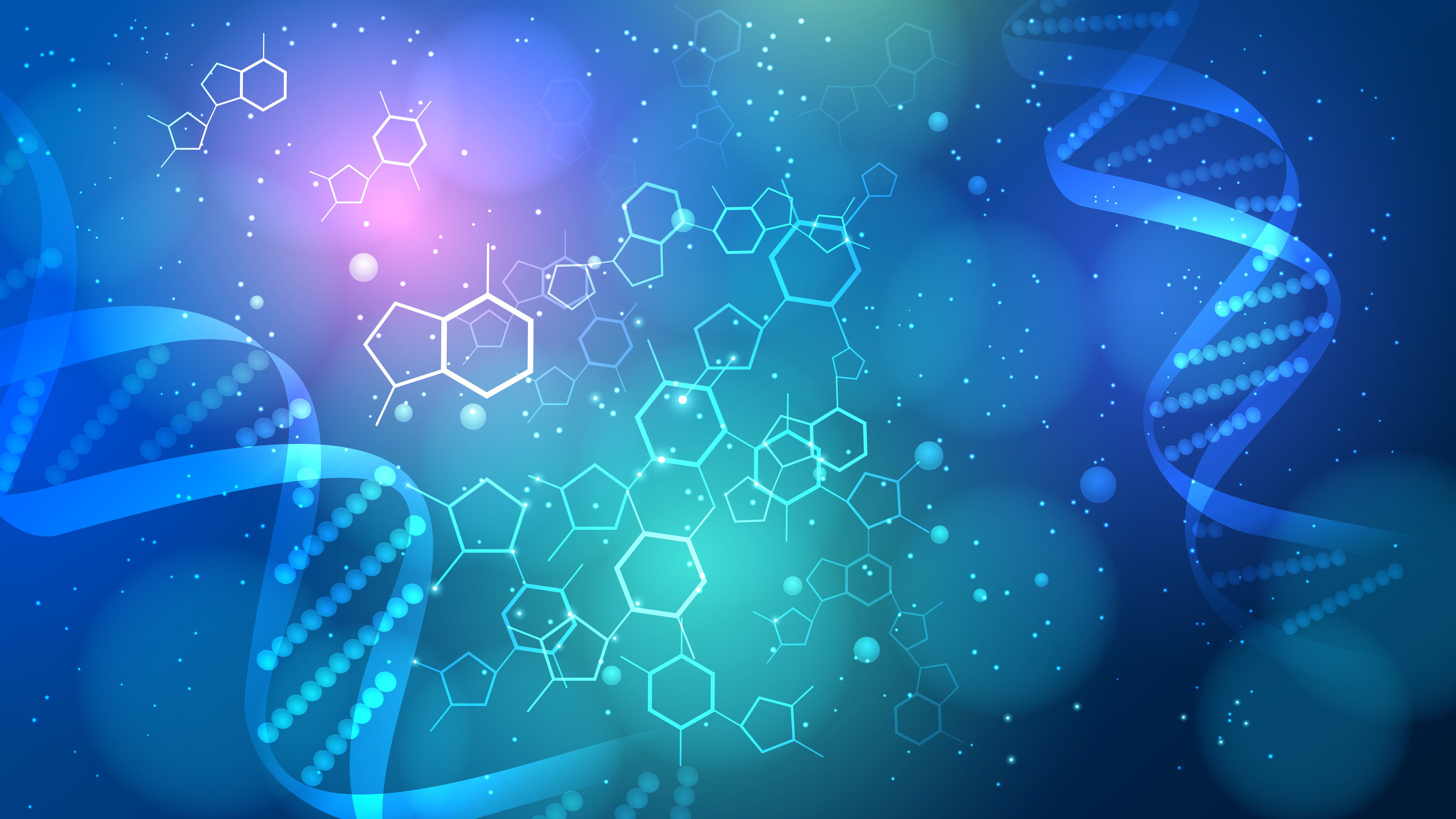


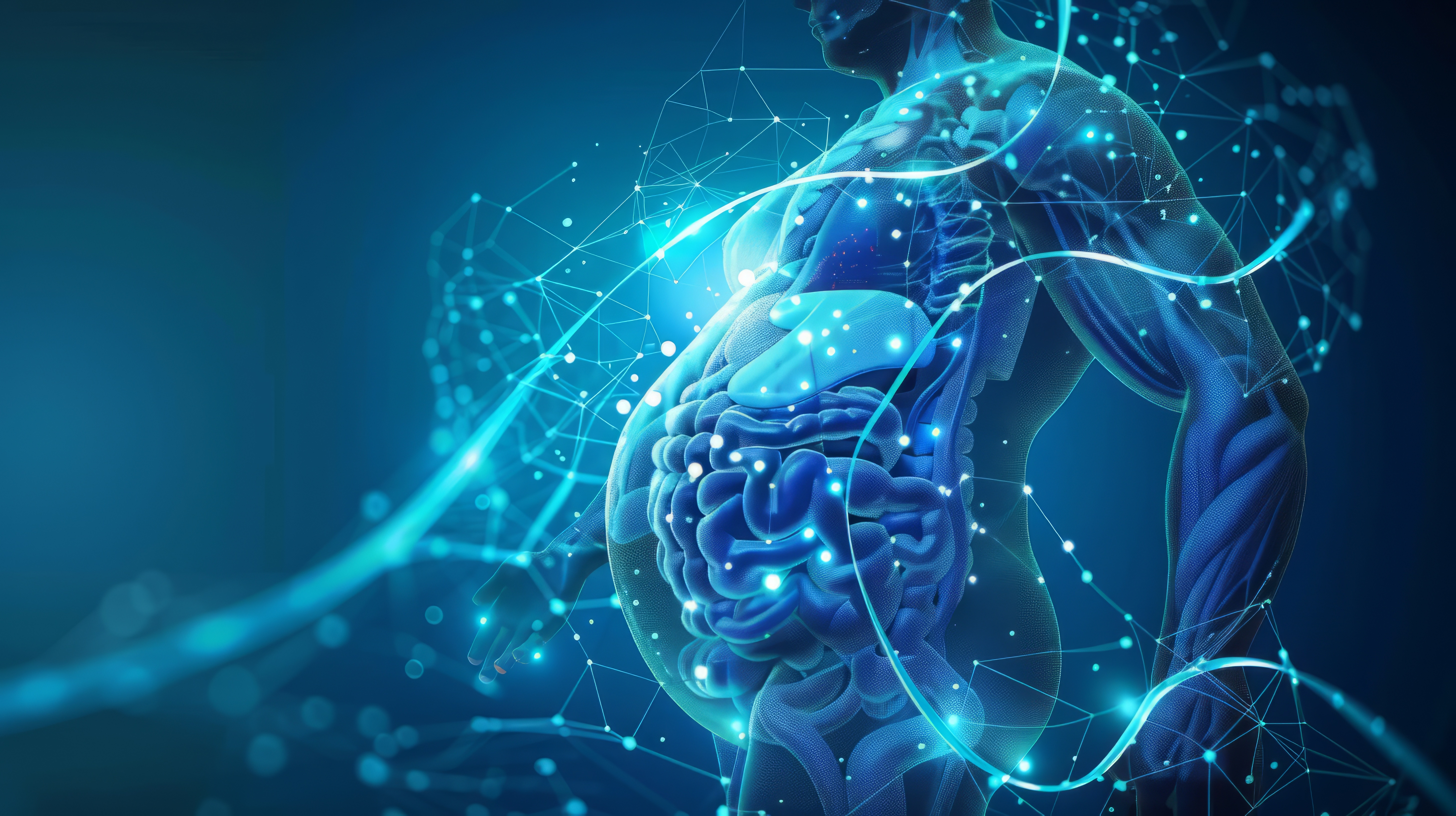


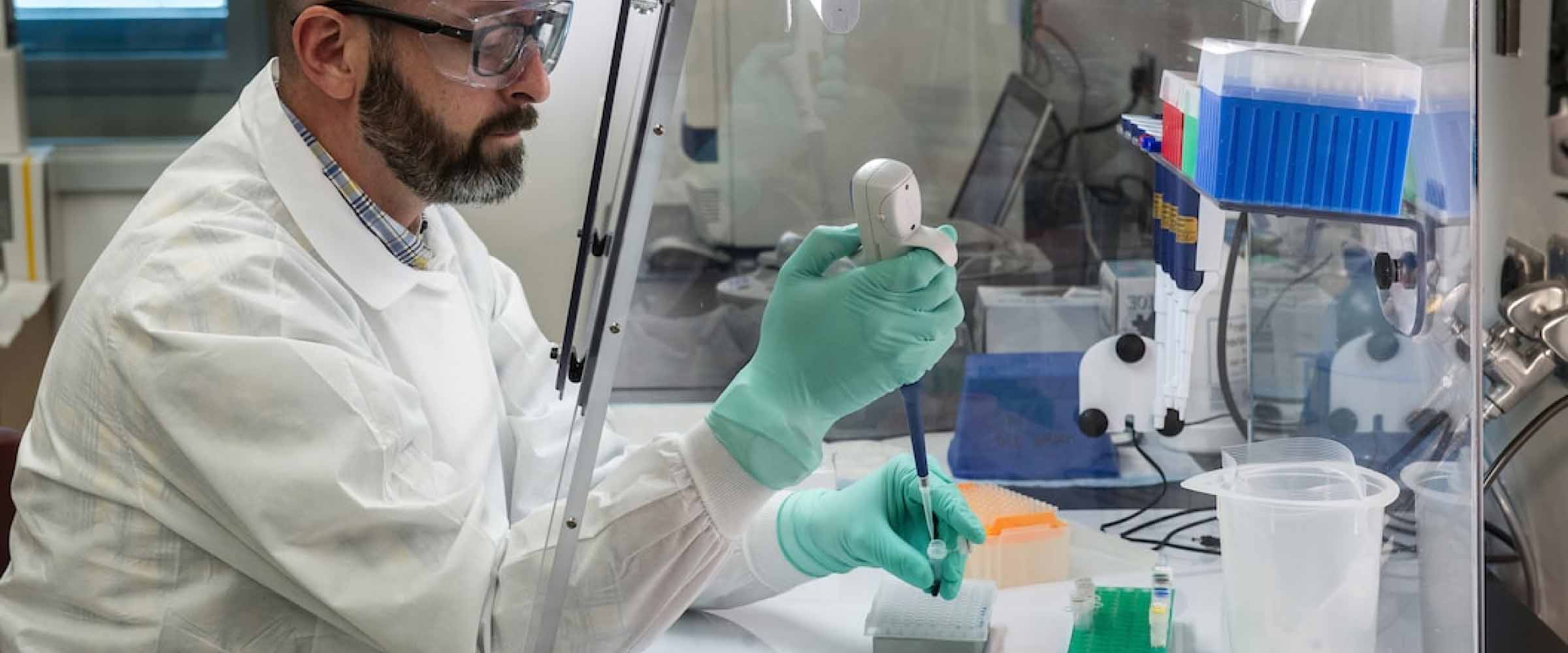
.jpg)

.jpg)
.jpg)
.jpg)
.jpg)
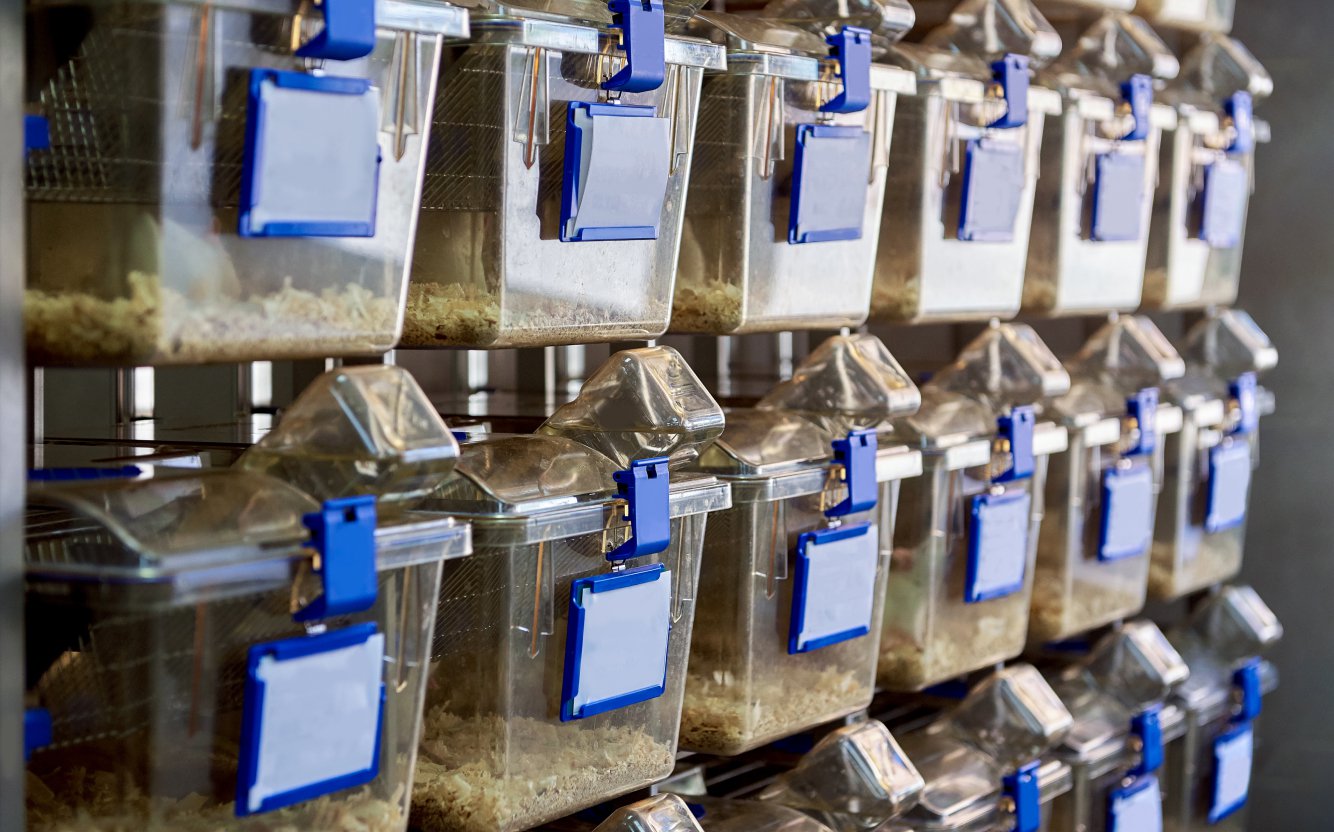
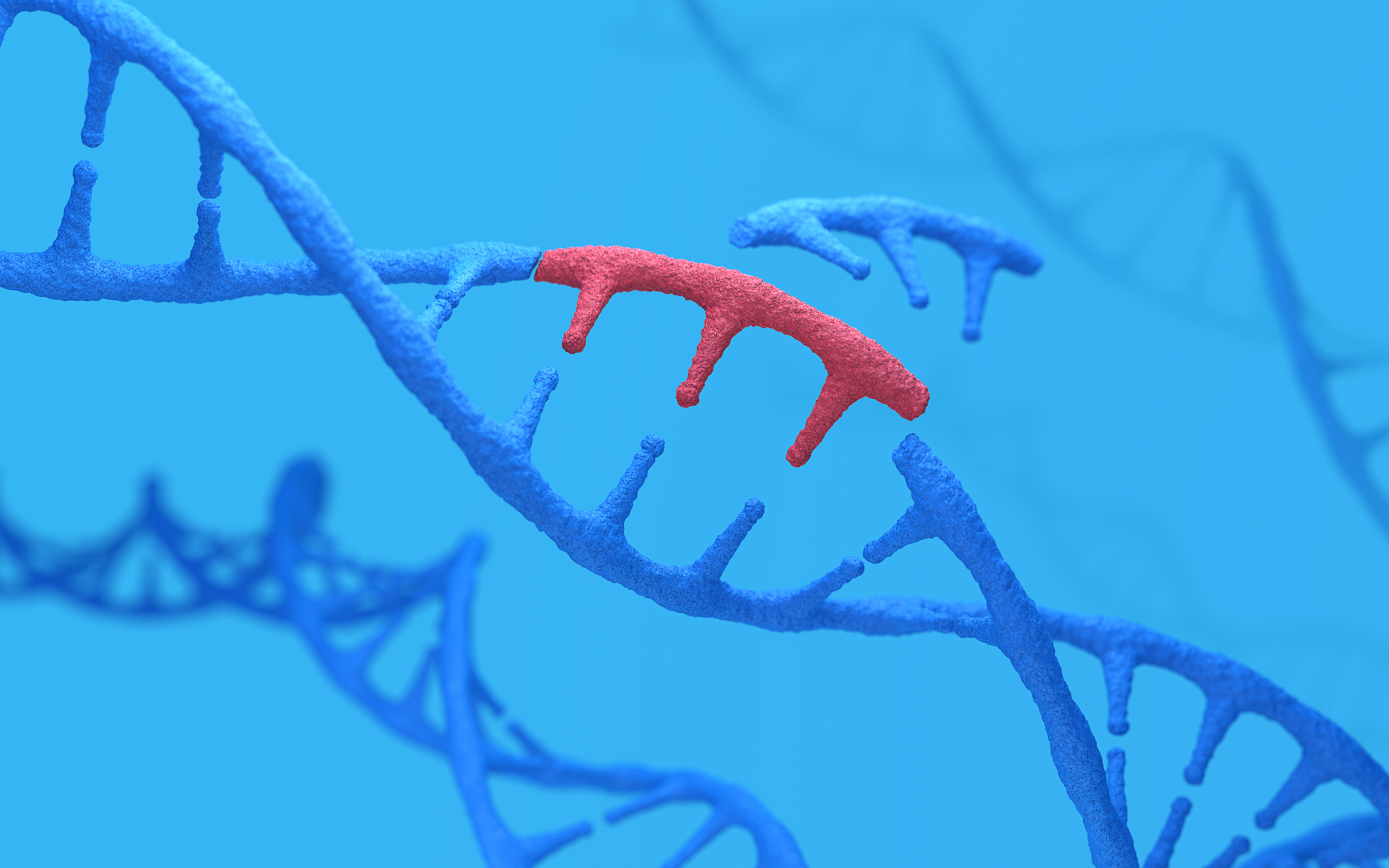
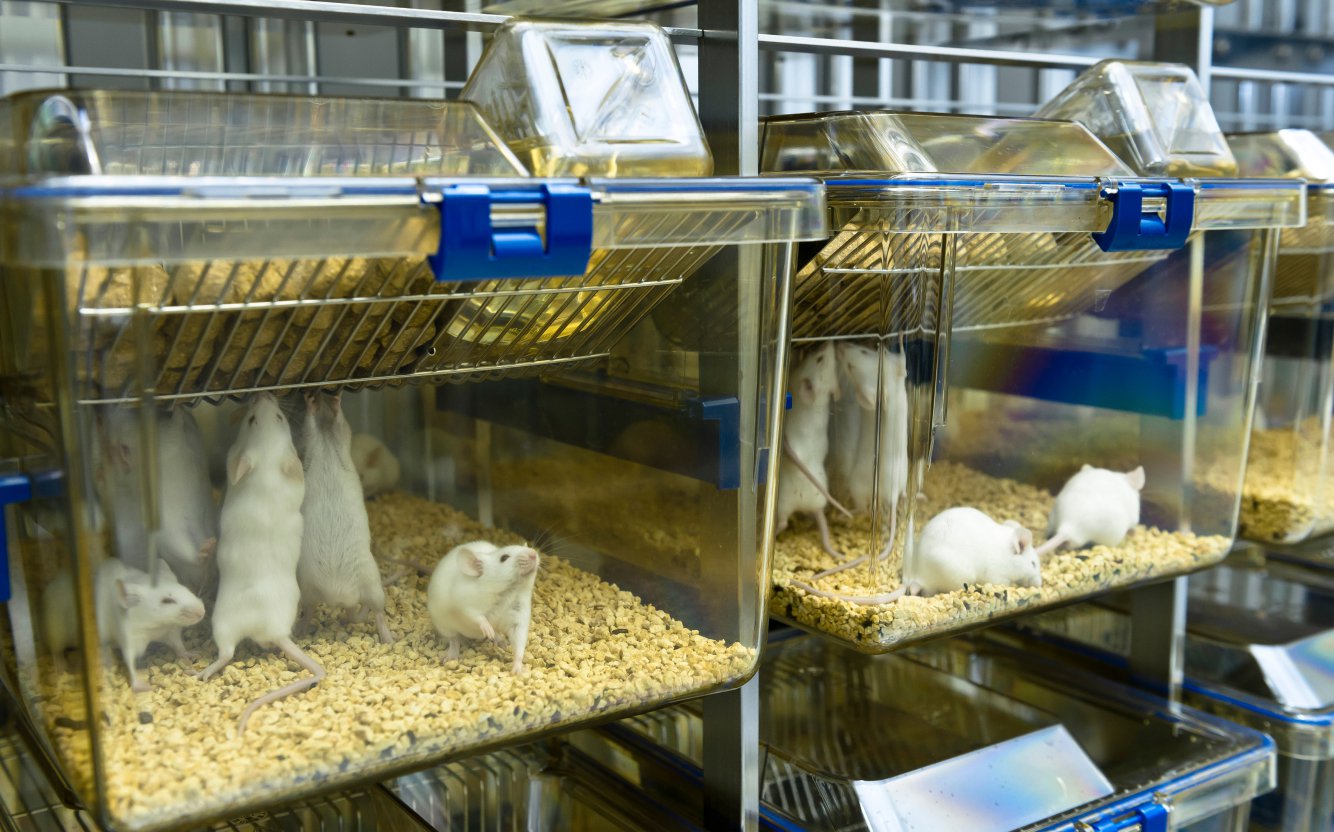


.jpg)

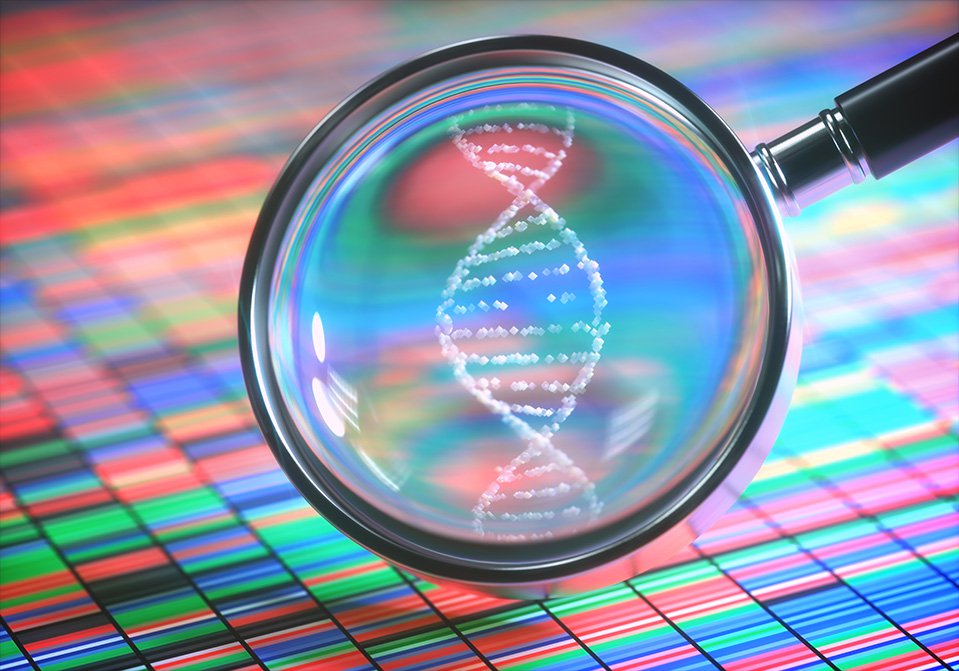
.jpg)
.jpg)

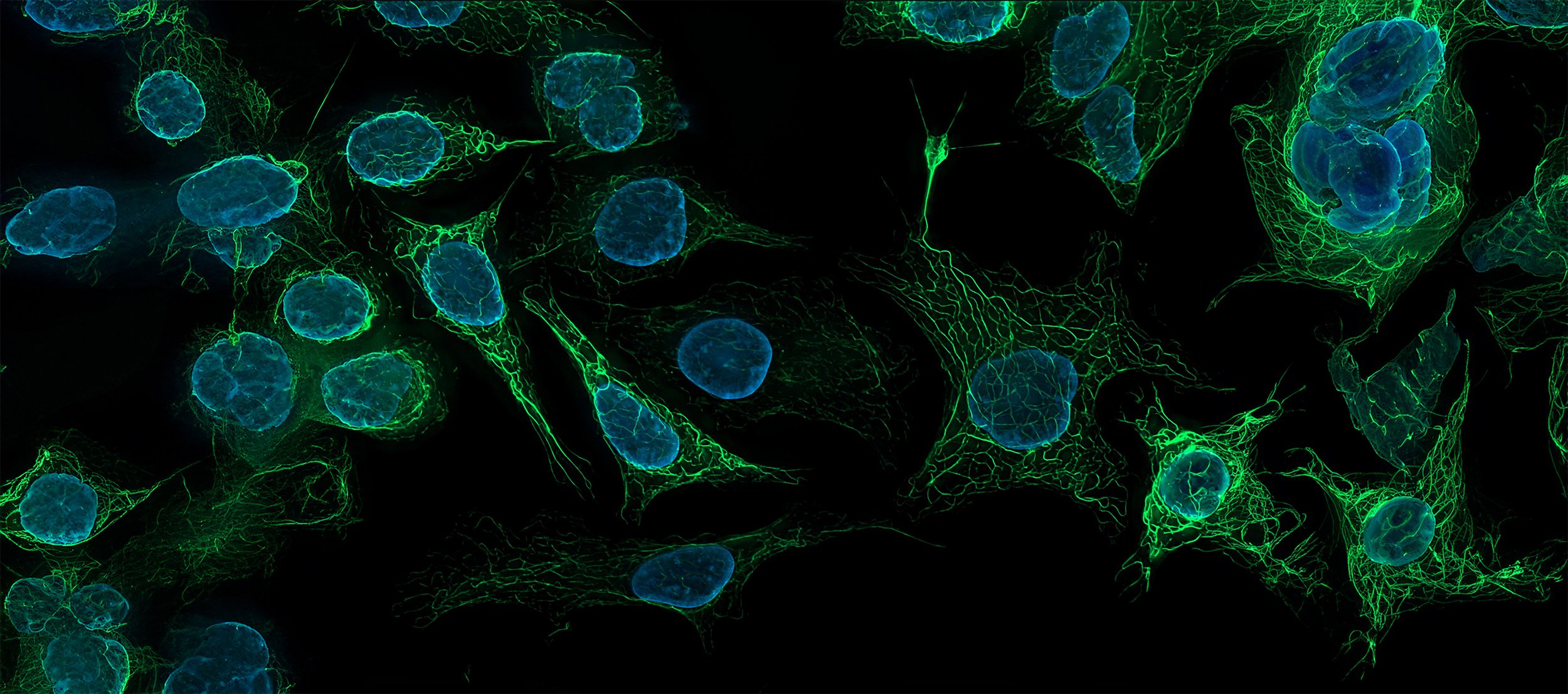
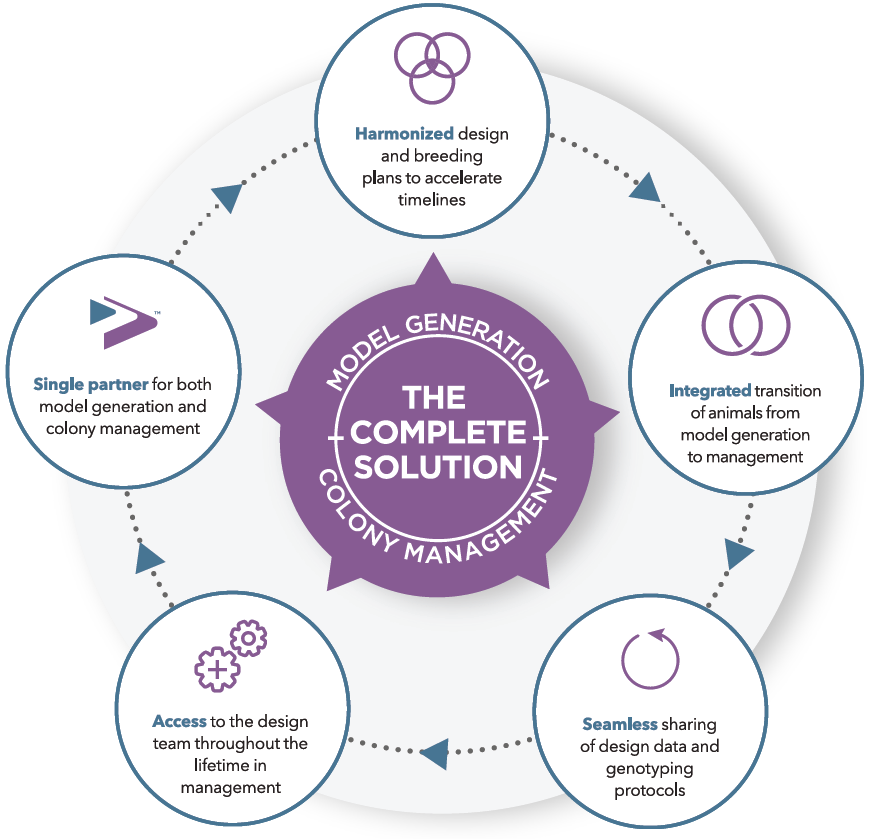
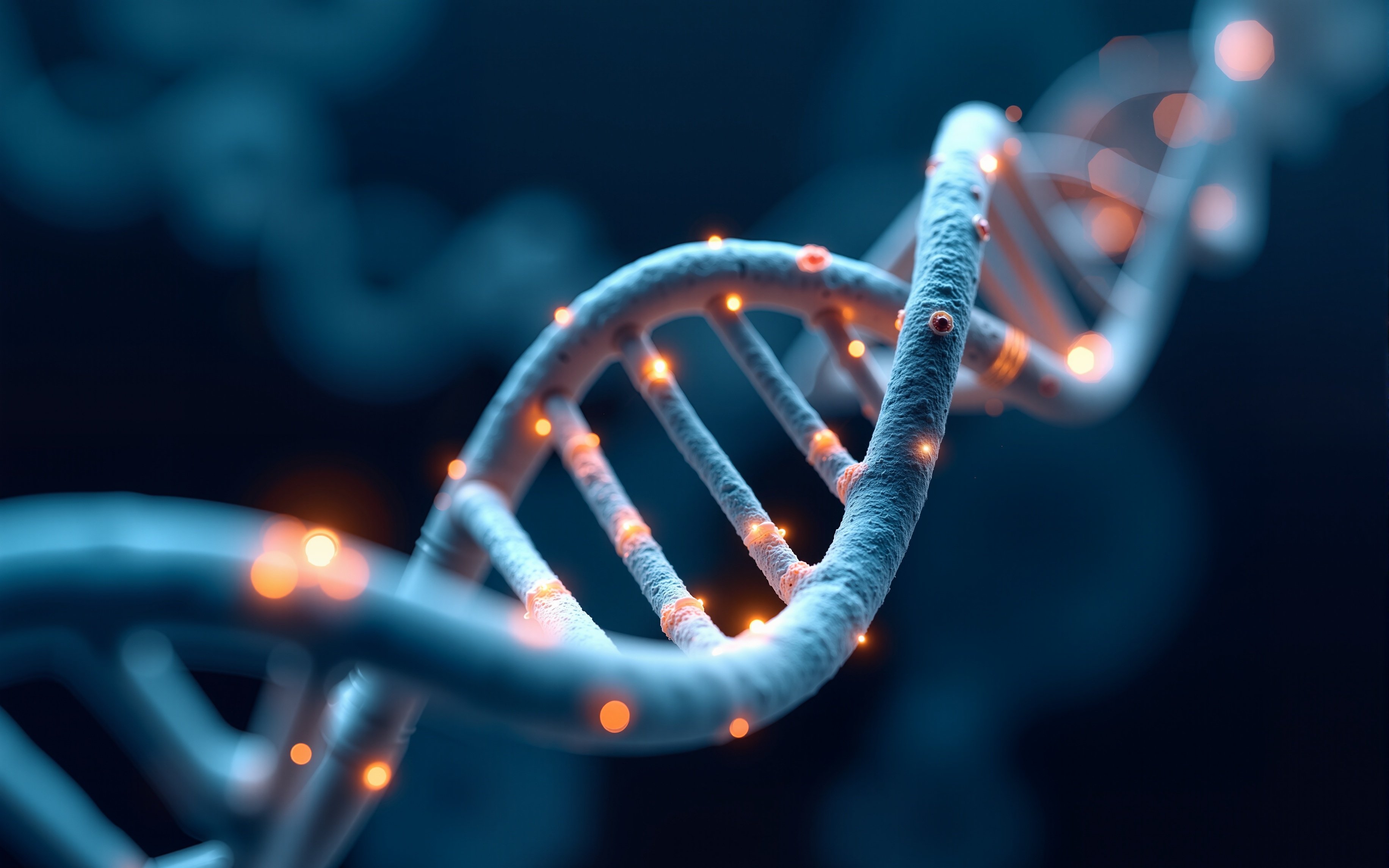
.jpg)
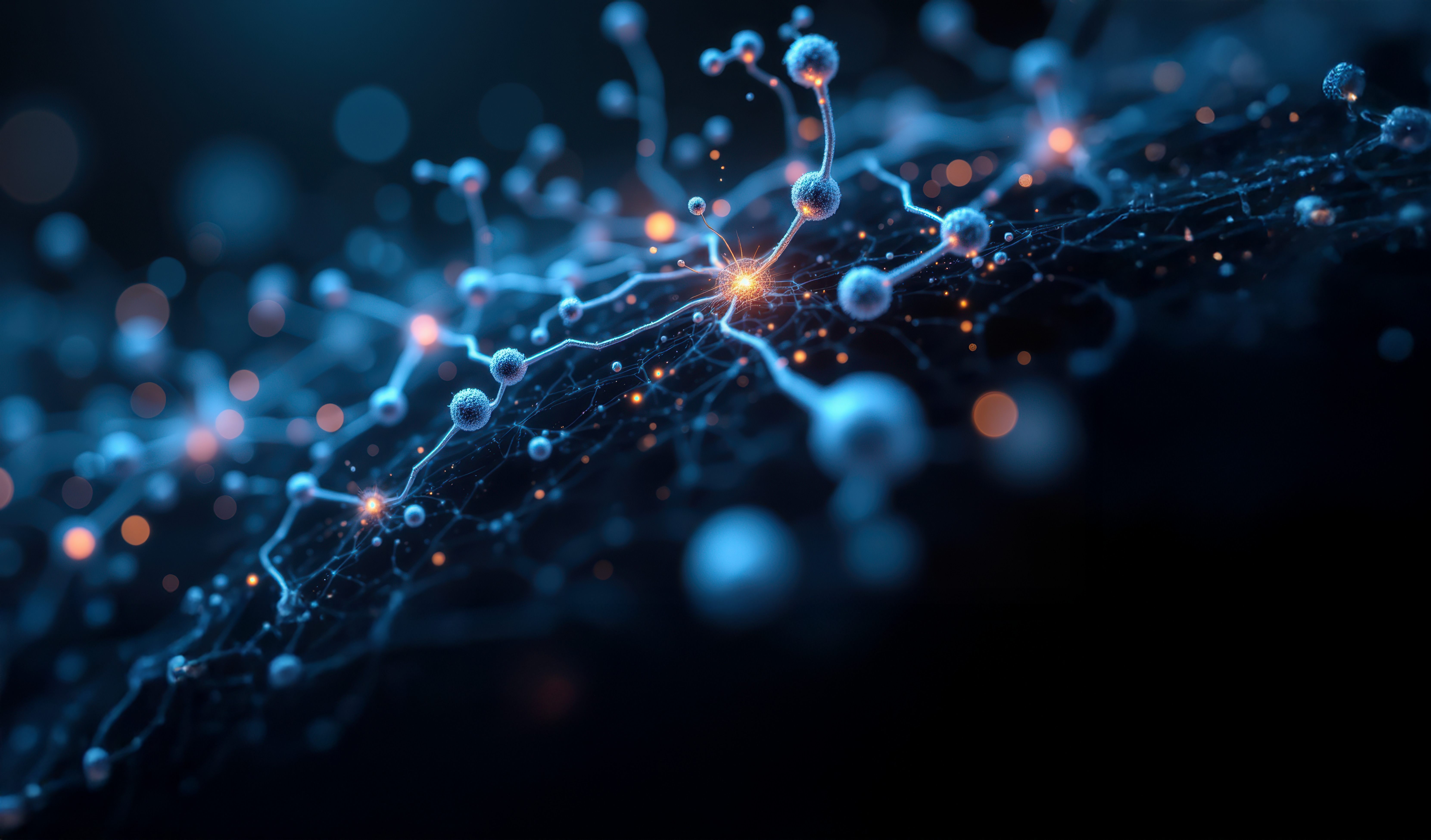
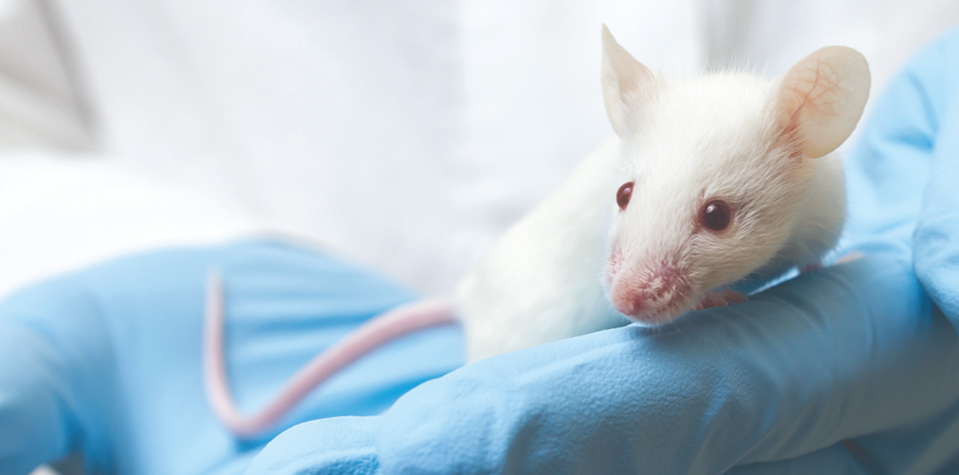

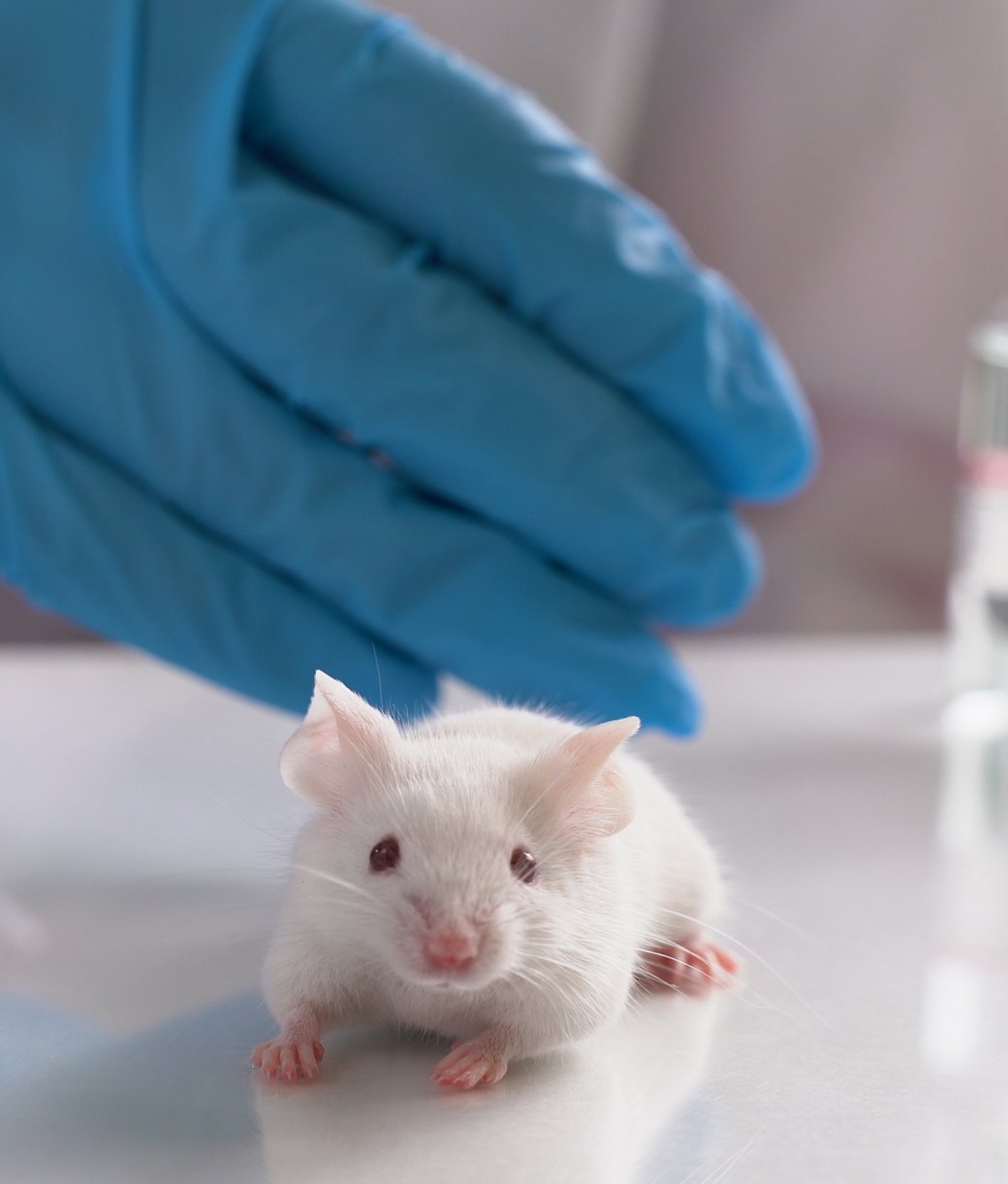

.jpg)

.jpg)


